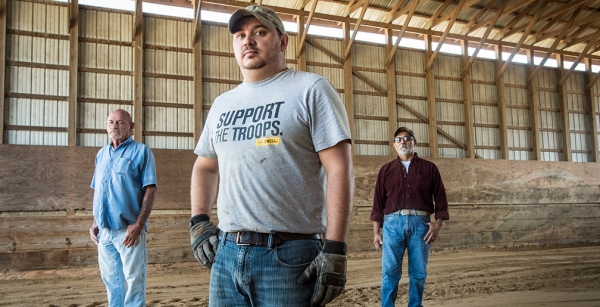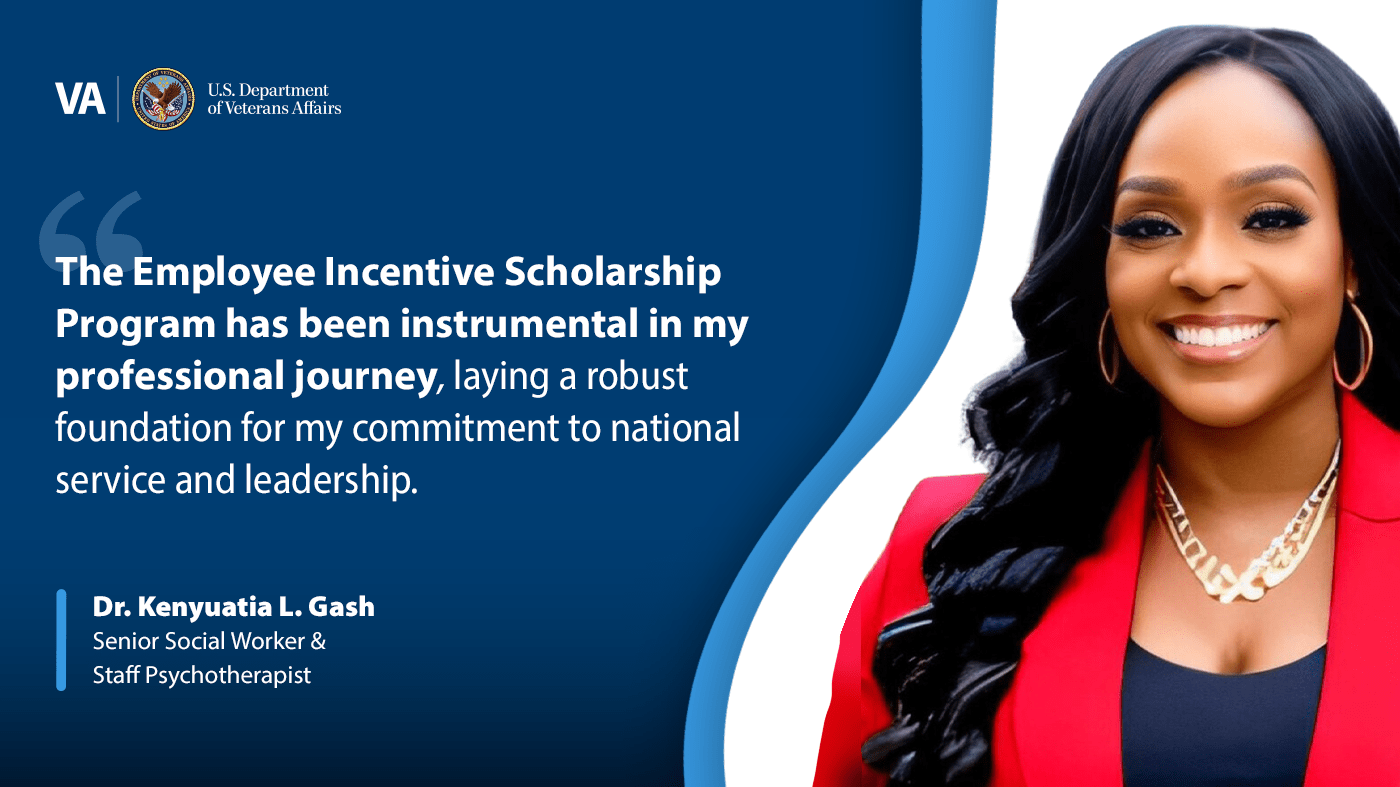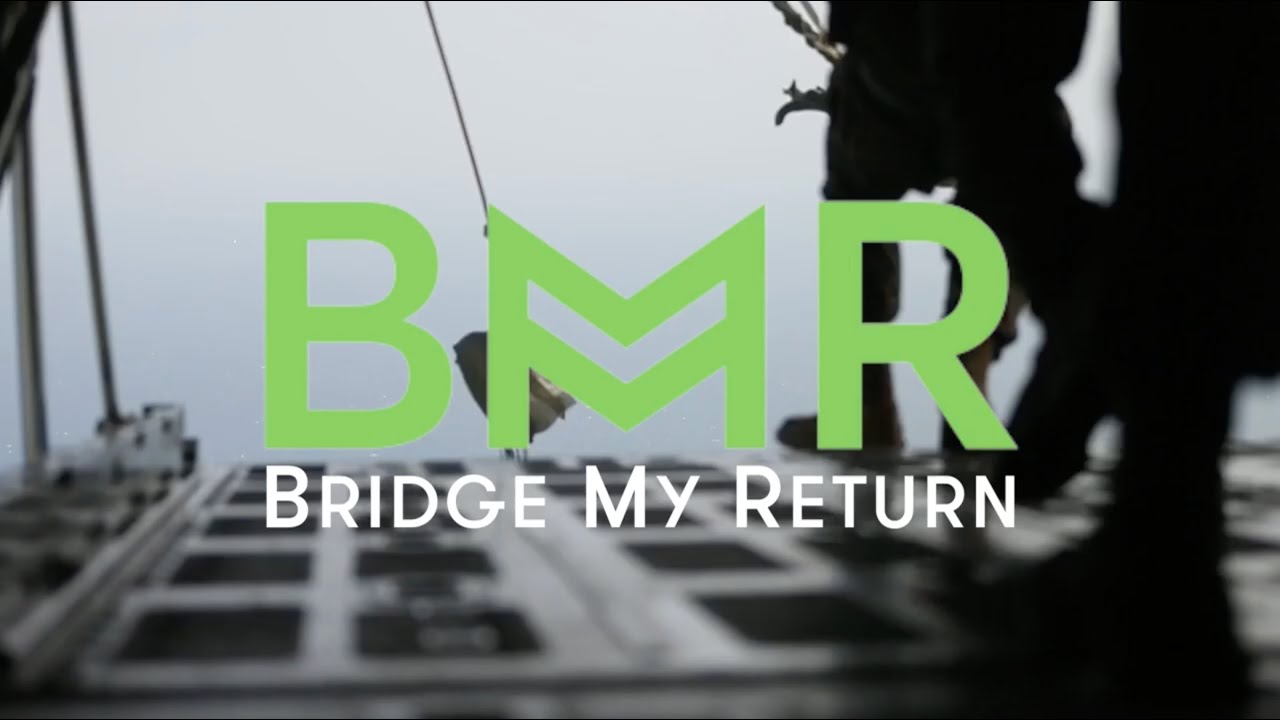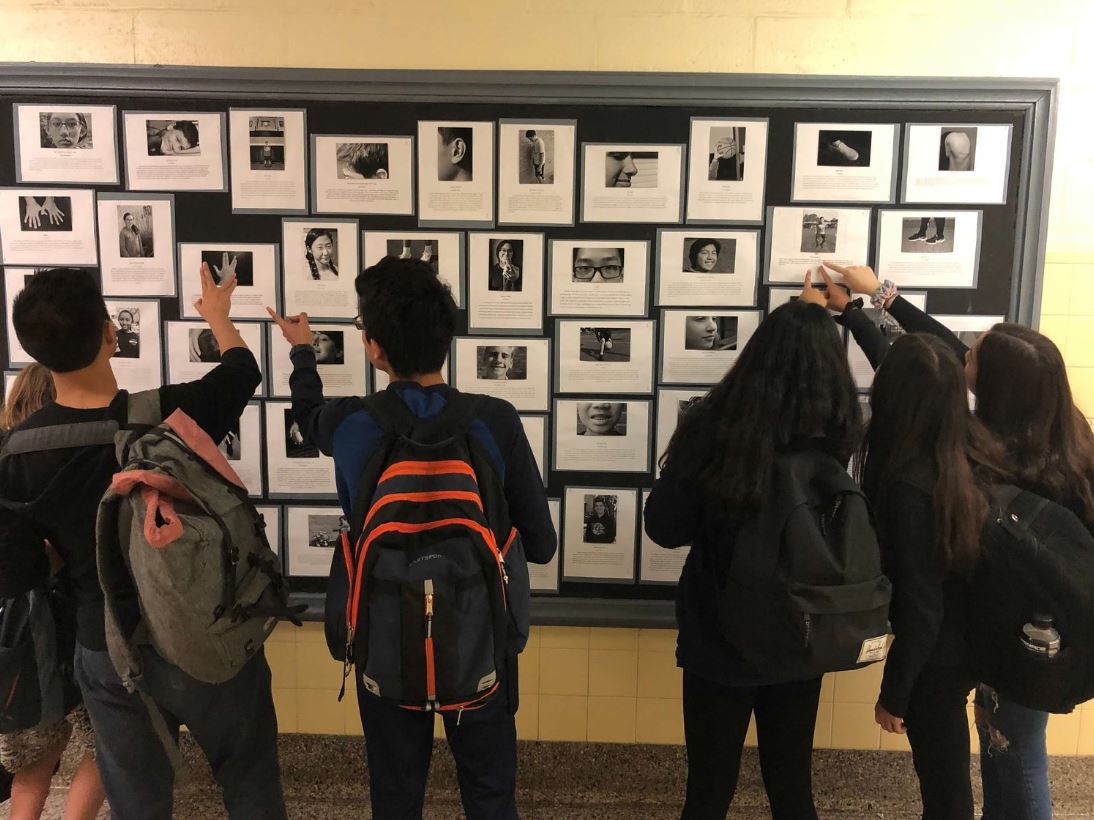From low crawling in the dirt to load hauling in the dirt, Veterans have been tied to agriculture since the Roman Empire began paying their legions with land grants. The State of Texas even has a Veterans Land Board solely dedicated to helping Veterans obtain and finance land.
But a career in agriculture has its own challenges, and not just for Veterans. The United States Department of Agriculture (USDA) states that more than 60% of family farms are in their last generation of ownership, and the average age of a single-family farmer is 59. This has led to special USDA incentives and programs to help new and young farmers, including Veteran farmers.
That’s what Dr. Craig Bowser is hoping to turn around, one Veteran family at a time. In 2019 after serving 24 years in the U.S. Army Reserve and as an executive leader in transportation, utilities, and agriculture industries, Bowser took over as CEO of the Servicemember Agricultural Vocation Education (SAVE) Farm. Located in Manhattan, Kansas, SAVE partners with academic institutions to provide hands on agricultural training on a 308 acre working farm.
“Veterans make good farmers because they are hardworking, willing to learn, adaptable, and have a can-do attitude – and SAVE helps fill in the rest,” Bowser said.
What is the resource?
SAVE trains Veterans and/or their families in agricultural skills relevant to the agribusiness. The accredited curriculum provides a certificate within one year. The program provides instruction in crops, animals, and farm maintenance including welding, auto repair and construction. Students pair with mentoring farmers and ranchers. Students typically spend the morning in the classroom and the afternoon hands-on around the farm. Farm equipment is also in place for operations and training.
In 2019, the SAVE farm produced corn, sorghum, alfalfa and clover. The students prepared and fenced a large garden plot and grazed and bred 37 head of cattle.
SAVE also offers beekeeping training, including commercial beekeeping. This training is provided through a partnership with the University of Montana via a combination of on-line and hands-on training from a master beekeeper. Over 400 students trained on this program. SAVE has 350 bee hives and will increase that amount to over 500 in 2020. Students can participate in the annual harvest and bottling of over 16,000 pounds of honey and learn from vendor interactions.
Who is eligible?
SAVE was originally developed to help transitioning service members gain agribusiness skills, but agriculture is often a family business. The program is now open to Veterans, their dependents and family members.
Students must live near Manhattan, Kansas during the yearlong training program.
How to apply?
Learn more and register at http://www.thesavefarm.org
What to expect after applying?
SAVE will determine eligibility and share timing of the next available cohort to join.
The sharing of any non-VA information does not constitute an endorsement of products or services on the part of the VA.
Topics in this story
More Stories
Through programs like the Employee Incentive Scholarship Program (EISP), VA employees like Dr. Kenyuatia L. Gash have received financial support in pursuit of their education.
Bridge My Return launched a software re-build to its hiring platform with an improved AI-driven, skills-matching algorithm and military skills translator.
The Project Flaunt Hub is an online platform of videos, interactive programs and activities. It is designed to empower children, their families and/or caregivers to accept themselves and in doing so, embrace others.






